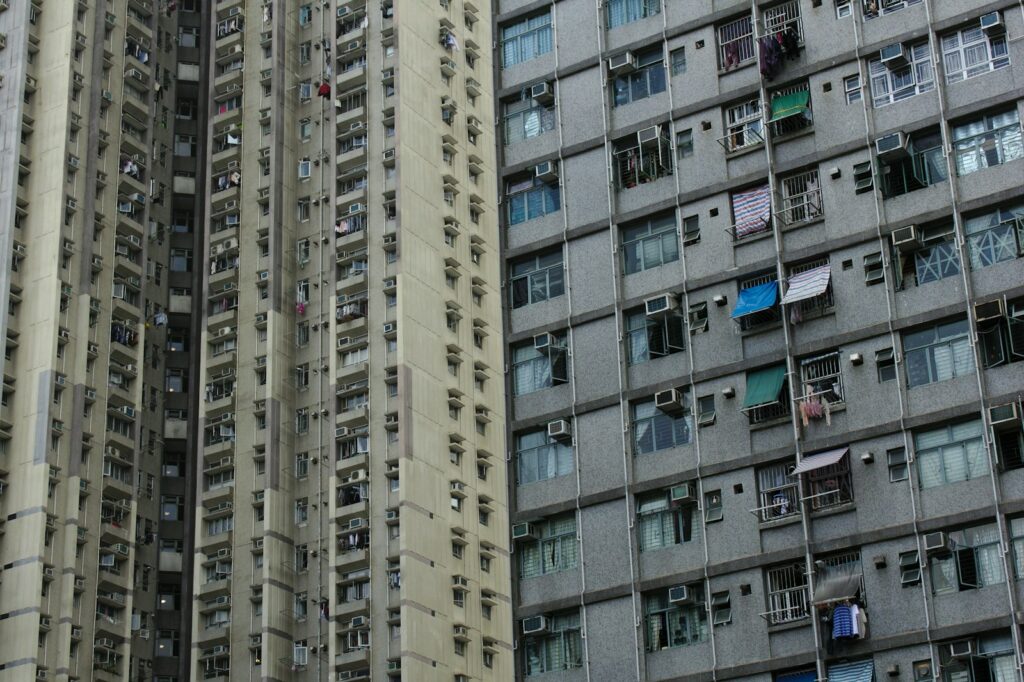Students are renowned for never having any money, but new research has found the majority of their maintenance loans will be spent on rent, as inflation continues to squeeze budgets.
A survey by student housing charity Unipol and Higher Education Policy Institute, the UK’s only independent think tank devoted to higher education, found rents for student accommodation have increased by almost 15% over the past two years.
The findings, which were published yesterday, highlight that the average maintenance loan received by English students this current academic year is expected to be £7,590, but the average rent in this country currently stands at £7,566.
As a result, rents swallow up the majority of students loans, as some may be left with a mere £24. However, on a more drastic scale, some students in England living away from home may only receive a loan of £4,651 this academic year, which, doesn’t even cover the cost of rent.
These figures don’t include the amounts students receive who are attending university in England – pupils often receive more as living costs are higher.
As well as highlighting students financial issues, the new report from Unipol also warns more landlords could exit the student housing market. News has emerged this week that the Renters Reform Bill has passed its second parliamentary reading in the House of Commons. The Bill is set to shake up the private rented sector as it is working to abolish no-fault evictions, ensuring tenants have at least two months to leave a property should they be evicted.
If the Bill is passed it means student lets will be switched to assured tenancies, or periodic, rolling contracts. However, this will severely affect landlords profits. Currently, students sign a 12-month contract to stay in their home.
Victoria Tolmie-Loverseed, assistant chief executive at Unipol, said: ‘Student housing has reached a crisis point in affordability, underpinned by these alarming figures. Rents are rising rapidly just as real-terms government support has stagnated.
‘With rents consuming unhealthy levels of an average maintenance loan, students are being forced to take desperate measures – illegally doubling rooms, taking on increasing amounts of paid work or even avoiding university altogether due to costs.’
According to researchers, the highest rent increases have come from the most undersupplied cities. Glasgow saw the highest rental growth at 20.4% over the past two years, followed by Exeter who experienced a 16.1% increase.
Other notable increases were also seen in Leeds (14.7%), Bournemouth (11.2%).
However, on a more positive note, experts found cities such as Cardiff, Liverpool and Sheffield are deemed as more affordable, with lower annual rents of £6,400-£6,600.
‘Failing to address the student housing crisis risks undermining decades of progress in widening participation in higher education,’ Victoria said. ‘We risk excluding those from poorer backgrounds, forcing middle-income students to take on unsustainable debts, and damaging the student experience for all.’
Image: sasint
Scottish housing shortfall prevents students from living at university


















I’m a student landlord and happy to stand up and be counted. All my houses are of a high quality and regularly oversubscribed when advertised.
In the last 8 years, we’ve been subjected to a barrage of anti-landlord legislation, endless red tape, licensing, taxes on turnover (unique in the UK). I’m going to be subjected to another round of licencing next year which will cost thousands. I can be fined tens of thousands for minor transgressions, and if the RRB goes through in its current form I’ll be banned from renting for a fixed term (academic year) even though that’s exactly what both my tenants and I want.
And they wonder why landlords are leaving en-masse and prices are going through the roof for what’s left